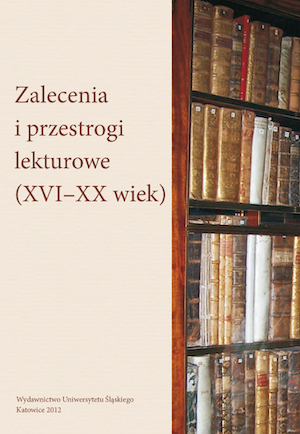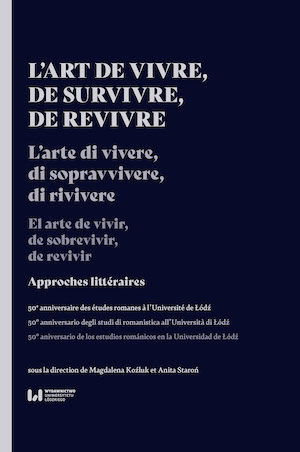
History education in the writings of Walery Przyborowski
Wychowanie historyczne w twórczości Walerego Przyborowskiego
The subject of the article is works by Walery Przyborowski (1845—1913), an author of history‑adventurousnovels for young people and a historian of national and local history, widely‑readnot onlyduring his life, but also by next generations. The article refreshes Przyborowski’s biography as well asa literary‑academicoutput. Especially important is the issue of educational values of the literature createdduring partitions “to cheer people’s hearts”, being at the same time, valued as accessible for being read “forpleasure”. The writer gave a universal tone to his books, highlighting action, adventurous and humorousmotives, as well as introducing many fictitious child characters, which enables young readers to identifywith them, and, thereby, experience the events described more strongly and get to know authentic historicalfigures from previous eras who their peers meet. In such a way he shaped sensitivity and historicalimagination of children and young people, that is, he laid the ground for historical education at a higherlevel. Also, he developed regional and local patriotism in readers. Permanent literary values and educationalhistorical novels written by Przyborowski make the texts be renewed and read also contemporarily.The author used a pedagogical principle to teach playing, rarely accepted at that time, and, simultaneously,having a universal value. He fairly often reflected in his works xenophobic views, following negative ethnicstereotypes when presenting some of hic characters. Re‑editionsof Przyborowski’s works containingchauvinist contents should be accompanied with a critical comment in an introduction and footnotes.
More...
